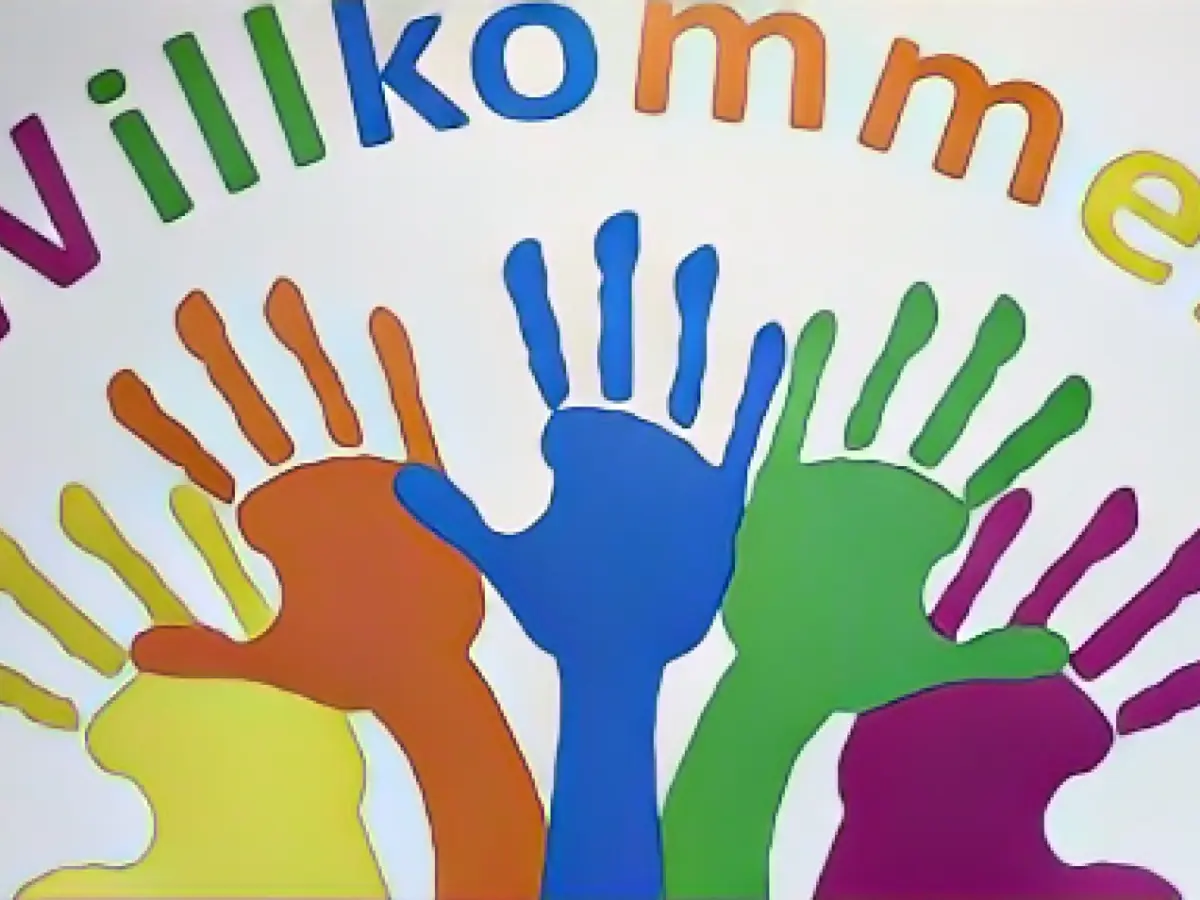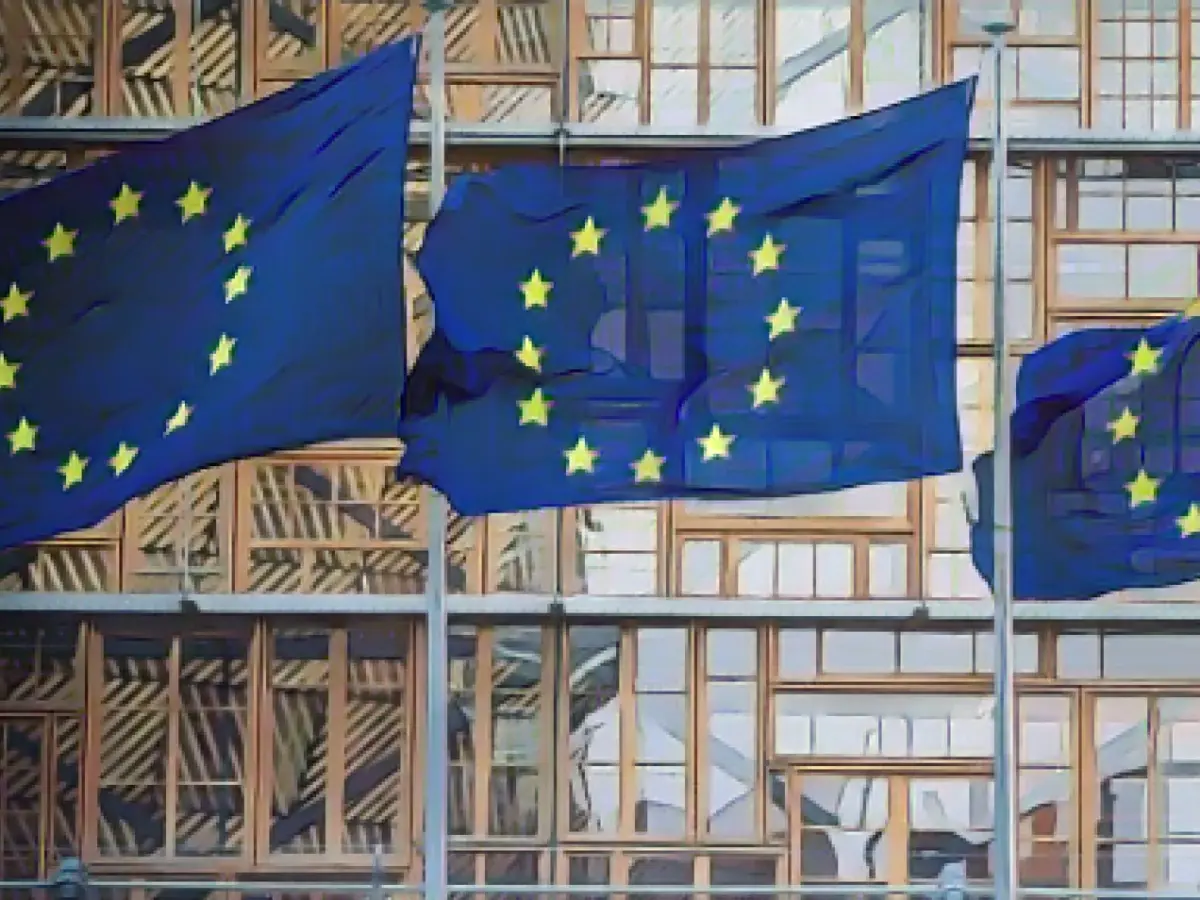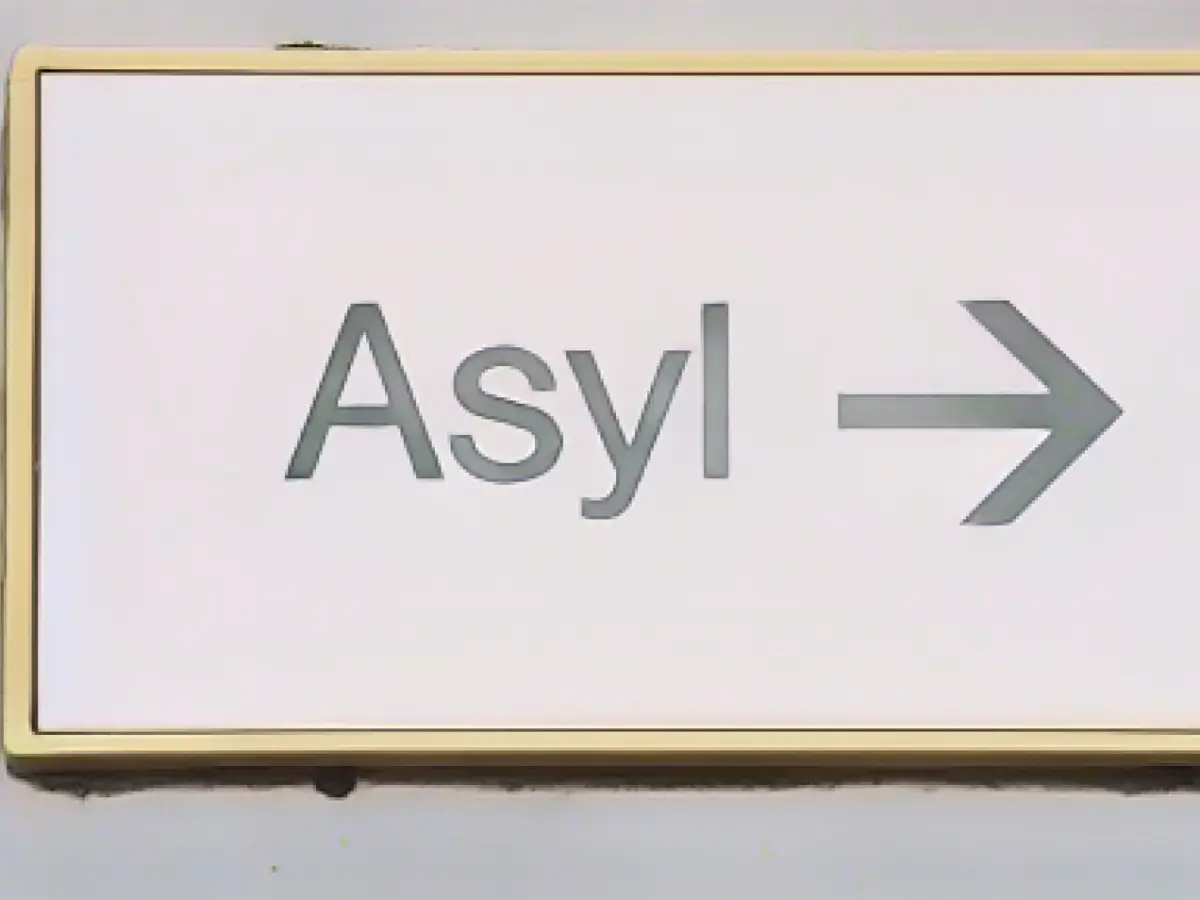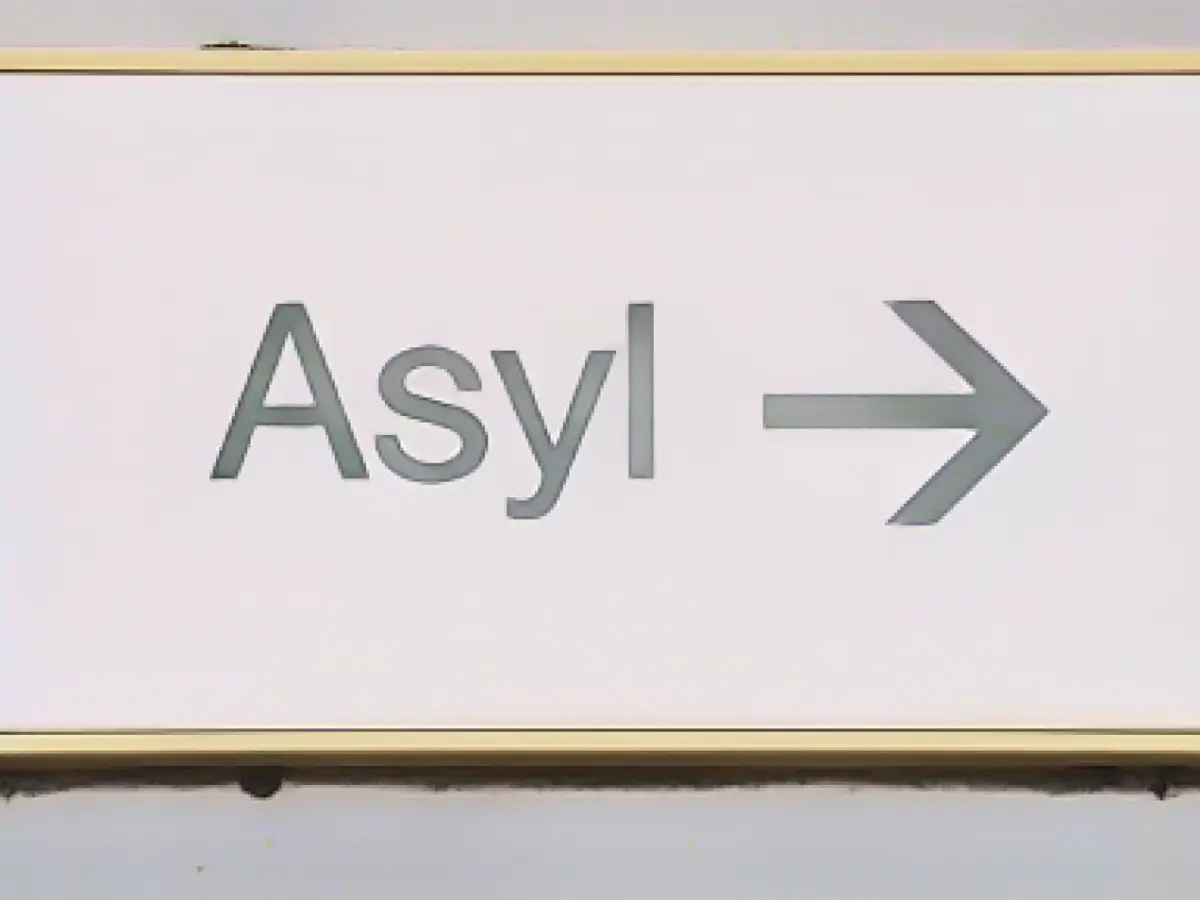Church: A Safe Haven for Refugees
In the Evangelical Church of Central Germany (EKM), a notable escalation has taken place this year. So far, 75 individuals have been granted church asylum, marking a significant leap from the 50 granted last year. This upward trend is echoed in two of its constituent states, Saxony-Anhalt and Thuringia, where 38 and 47 individuals, including five children, respectively, have sought and found protection this year, compared to 28 and 26 in the previous one.
Despite the fluctuating totals throughout the year, the EKM spokesperson underscored that at present, 23 individuals, including five children, are under special care in Thuringia and 14, including two children, in Saxony-Anhalt. The primary origins for these refugees mostly stem from Syria and Afghanistan, with some hailing from Iraq and the Russian Federation.
Petra Albert, the EKM's Commissioner for Migration and Interreligious Dialogue, mentioned that the number of church asylum requests has significantly surged, yet the reasons for granting asylum have remained largely unchanged since years past. "As a church, we're compelled to step in during humanitarian crises," she emphasized.
The Dublin Regulation, an EU law, establishes that asylum seekers must register in the country of their initial EU entry and bear responsibility for their asylum application. "However, the regulation does not cover all humanitarian situations, specifically in family-related matters," Albert explained. She also pointed out instances where refugees refuse to return to certain nations due to more recent traumatizing experiences.
The start and conclusion of a church asylum are determined by the respective congregation, which must provide tangible care and support for the duration of the asylum.
Related Articles
Enrichment Insights
The escalating levels of church asylum grants in Central German states such as Thuringia and Saxony-Anhalt do not have a definitive explanation in the existing sources. However, several broader factors related to migration and asylum policies in Germany could help contextualize the trend:
- Dynamics of Terrorist Attacks: Recently, Germany has been exposed to multiple terrorist attacks, including events in Munich and Magdeburg, intensifying concerns around security and radicalization among asylum-seekers[1][2].
- Migration Policies: The proposed Influx Limitation Bill, which aims to restrict family reunification for migrants, has been criticized by the Evangelical Church for breaching constitutional and human rights laws[1].
- Far-Right Extremism: The influence of far-right extremist groups such as the Alternative for Germany (AfD) contributes to a prevailing anti-immigrant sentiment, which may indirectly impact asylum policies[1][3].
- Church's Stance on Asylum: The Evangelical Church prioritizes opposing political extremism and promotes humane migration policies, emphasizing the importance of upholding human dignity for all individuals[1].
While these factors do not directly drive the increase in church asylum grants, they reflect the complicated and often contentious landscape of asylum policies in Germany, which could play a role in shaping the church's actions in supporting refugees.








